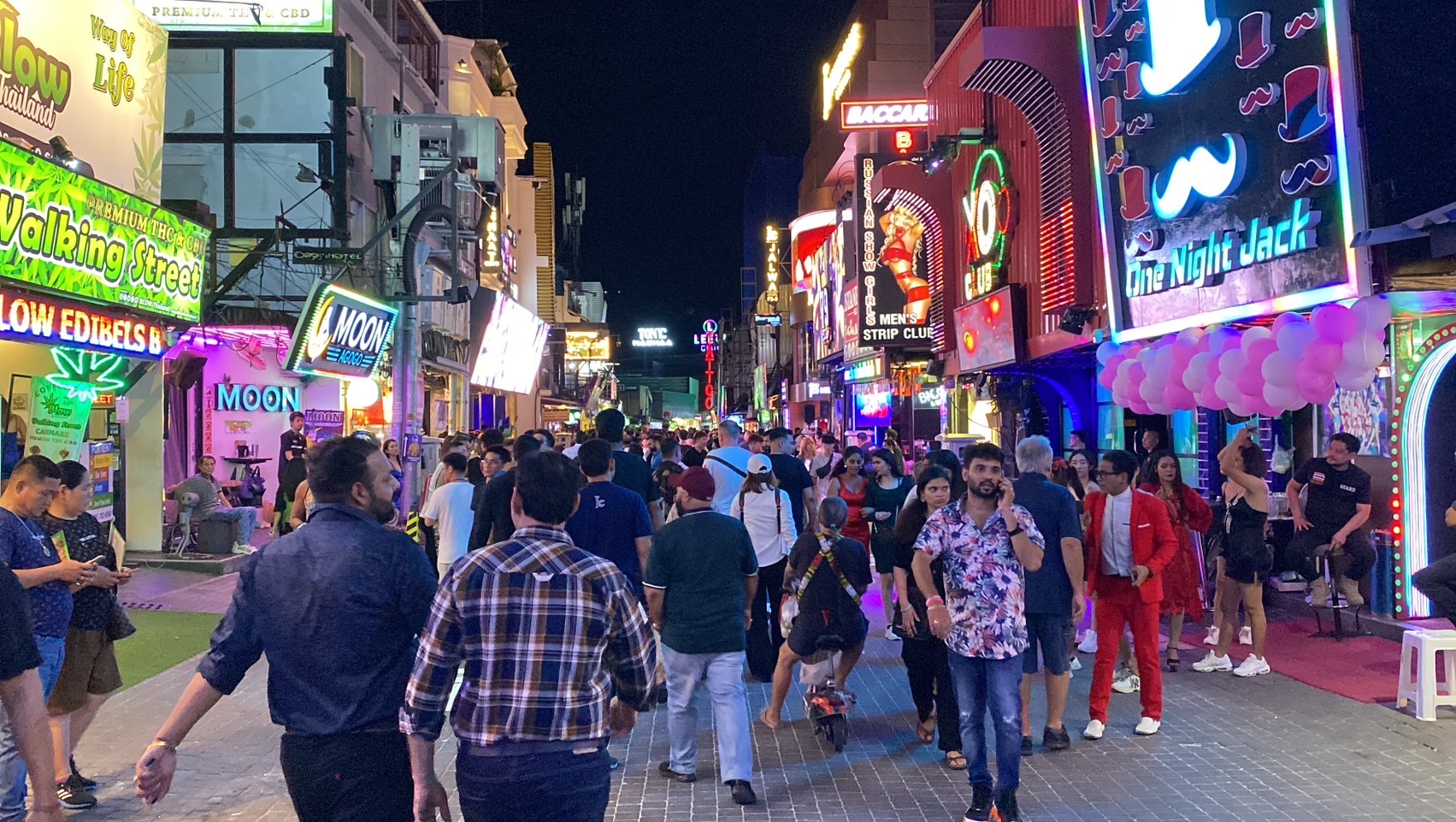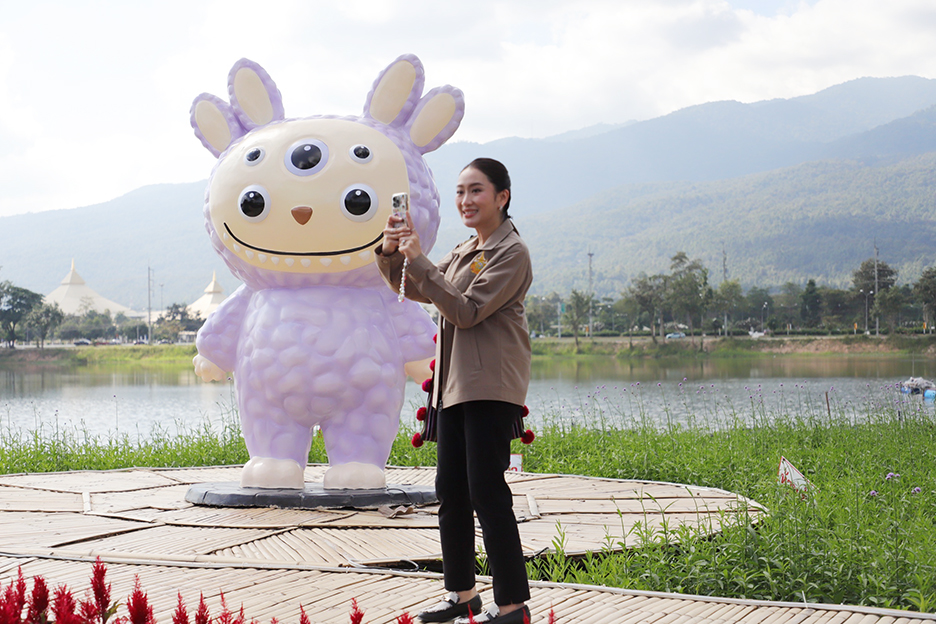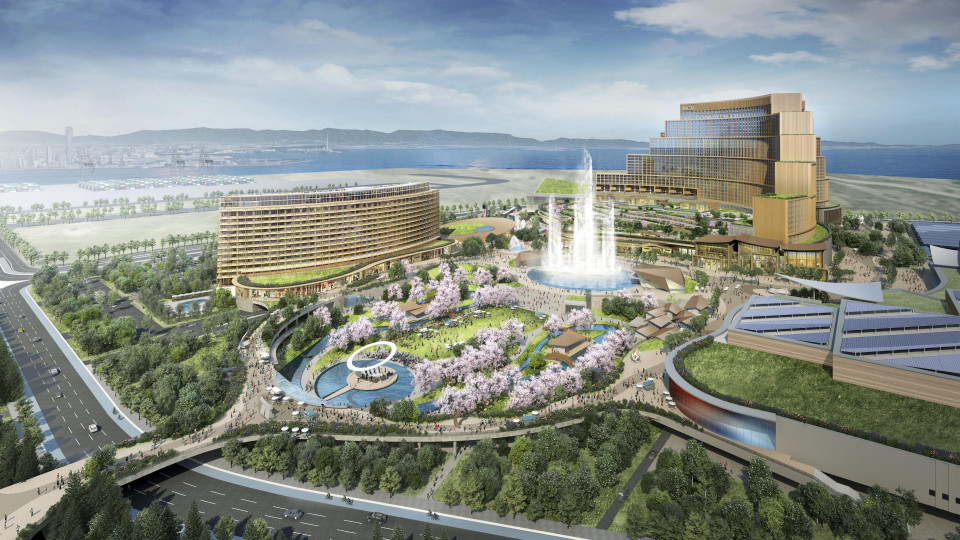BANGKOK — Thai business giants have announced that they are bidding for licenses to operate entertainment complexes to develop a new business area, particularly in Pattaya and Phuket. Several big names have expressed their interest.
According to the Prime Minister’s Secretary General, the government intends to prioritize state-owned land for these projects to avoid accusations of favoring private interests. Casinos will only make up a small part, only 3-5 percent, while the main components will be hotels, shopping malls, amusement parks and convention centers. The Secretary General also explained the conditions for awarding these licenses.
The Entertainment Complex project has made good progress as the Cabinet has approved the draft “Entertainment Complex Business Act, …” It will now be considered by the Office of the Council of State and the House of Representatives. The government has set itself the goal of completing all steps during the current legislative period in order to start construction and open the facilities by 2030.
The most important locations named by investors include Bangkok, Pattaya, Chiang Mai and Phuket.
Major Business Players Enter the Competition
According to a Prachachat source, major Thai conglomerates are actively seeking international partnerships with leading casino operators, particularly from the United States. Targeted locations include Bangkok, Pattaya and Phuket, with Pattaya proving to be a hotly contested area due to its vibrant nightlife and clear target demographic.
Collaboration with Global Casino Giants
The source further revealed that the three largest Thai conglomerates vying for a Pattaya license have been engaged in intense competition, including negotiations with global casino operators such as:
- Galaxy Entertainment Group
- MGM China
- Sands China
- Wynn Macau
These companies aim to secure partnerships for investment in the project.
Notable Thai Conglomerates in the Race
U-Tapao International Aviation Co, Ltd (UTA):
A consortium that manages U-Tapao Airport and the Eastern Aviation City project. UTA consists of Bangkok Airways (45 percent), BTS Group Holdings (35 percent) and Sino-Thai Engineering & Construction (20 percent). UTA plans to include an entertainment complex in its development plans for U-Tapao Airport to complement other major infrastructure projects such as the high-speed rail.
CP Group, Sirivadhanabhakdi Group and Central Group:
The Charoen Pokphand Group (CP Group) and the Sirivadhanabhakdi Group, represented by Asset World Corporation Public Company Limited (AWC) under the TCC Group, are among the most important players. The TCC Group currently has numerous investment projects in Pattaya, including hotels and real estate projects worth several billion baht.
Other groups:
The Land and Houses Group, which has invested in the Terminal 21 shopping mall and various other projects, the Central Group, owned by the Chirathivat family, and Proud Real Estate Public Company Limited, owned by the Liptapanlop family, are also major players in the sector.

Proud Group Shows Interest in Pattaya and Phuket
A source from Phuket told Prachachat that there is clear activity in the province, with notable interest from the following groups:
Proud Real Estate Public Company Limited, which is reportedly partnering with politicians and major retail developers.
Hei Tua Group, led by Mr. Somboon Sukcharoenklaisri, a prominent Thai investor who has also invested in Poipet, Cambodia.
The target area is in the northern part of Phuket Island, specifically in Thalang District, between Ao Por and Ao Kung. This location contains several hundred rai of state-owned land suitable for development.
Chiang Mai Supports Tourism Development
Lalita Boongsrithong, Managing Director of Ratilanna Riverside Spa Resort Chiang Mai and advisor to the Thai Hotels Association (THA), explained that key locations such as Bangkok, Phuket, Chiang Mai and Pattaya are very attractive.
From the perspective of private hotel operators, revenue from international tourists visiting entertainment complexes would be very beneficial. This model, which is legalized in several countries such as Singapore, could attract tourists while minimizing the potential damage to local communities.

Government’s Emphasis on Job Creation and Revenue
Prommin Lertsuridej, Secretary General of the Prime Minister, explained the government’s strategy of inviting private companies to bid for the projects. These companies must demonstrate experience in managing entertainment companies to ensure feasibility. The initial investment for Phase 1 is expected to exceed THB 100 billion and create at least 20,000 jobs for Thai workers.
The government estimates the additional revenue from tourism to be between 119 billion and 238 billion baht ($3.4 – 6.9 million), with a focus on hotels to attract tourists in the first phase, followed by shopping malls and other businesses.
Focus on State-Owned Land Development
The Secretary General emphasized that the investments would primarily flow into new buildings on state-owned land, for which plots of at least 100 rai (approx. 40 hectares) would be required. The projects would include hotels, large amusement parks, international convention centers and year-round concert venues. Casinos, on the other hand, would only account for 3-5 percent of the total area.
The cost of each project is estimated at over 100 billion baht ($2.9 million) and will take 3-5 years to complete. The government aims to open the first complex by 2029, ahead of Japan’s Osaka amusement complex, which will open in 2030.

Bidding Conditions
When asked whether private offers of land would also be accepted, the Secretary General explained that he preferred state land in order to avoid accusations of favoritism. In the tender, the proposal that brings the highest profit to the state or presents the most comprehensive project plan is selected. The aim is to speed up implementation in order to maximize returns as quickly as possible.
Increasing National Revenue and Economic Development
Chulaphan Amornvivat, deputy finance minister, said the project could generate 12-39 billion baht ($350-1,136 million) annually for the government. Revenue from casino-related businesses, such as license fees and gambling taxes, is estimated at 3.26 billion baht ($95 million) per year. Additional tax revenue from other businesses, such as five-star hotels and amusement parks, is estimated at 8.77-35.09 billion baht ($253-1,046 million) annually.
These funds could be used for national development, including improving infrastructure, social welfare, education and public services. Phase 1 investments alone, worth around 100 billion baht, are expected to boost Thailand’s GDP by 0.2 percent. Once the entertainment complexes are fully operational, they are expected to contribute to an increase in GDP of up to 0.7 percent.
__________________
This post was originally published on here







